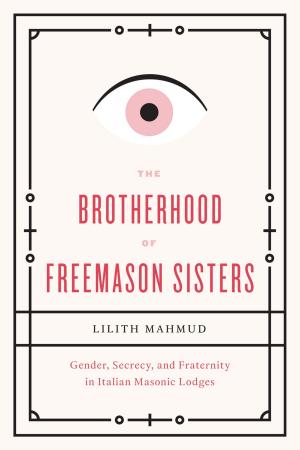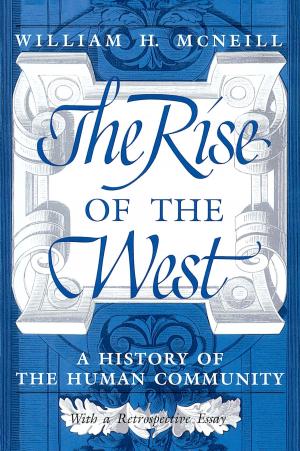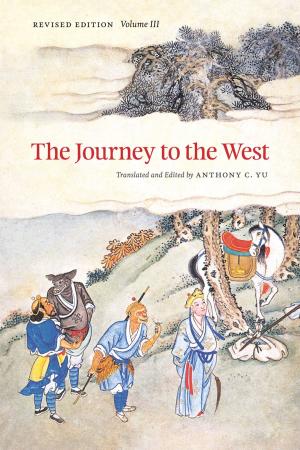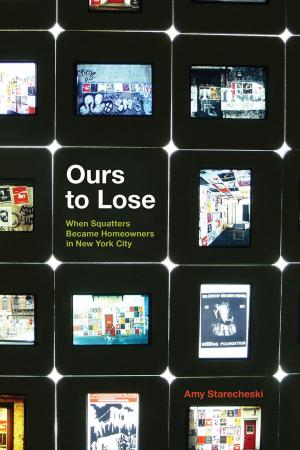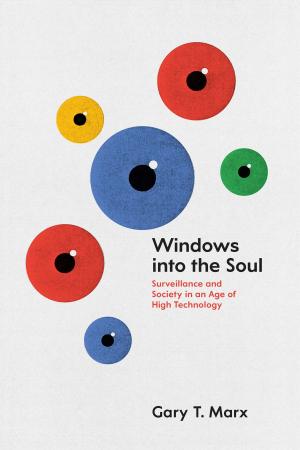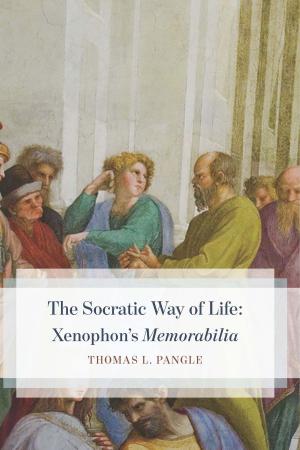American Academic Cultures
A History of Higher Education
Nonfiction, Reference & Language, Education & Teaching, History, Higher Education| Author: | Paul H. Mattingly | ISBN: | 9780226505435 |
| Publisher: | University of Chicago Press | Publication: | November 23, 2017 |
| Imprint: | University of Chicago Press | Language: | English |
| Author: | Paul H. Mattingly |
| ISBN: | 9780226505435 |
| Publisher: | University of Chicago Press |
| Publication: | November 23, 2017 |
| Imprint: | University of Chicago Press |
| Language: | English |
At a time when American higher education seems ever more to be reflecting on its purpose and potential, we are more inclined than ever to look to its history for context and inspiration. But that history only helps, Paul H. Mattingly argues, if it’s seen as something more than a linear progress through time. With American Academic Cultures, he offers a different type of history of American higher learning, showing how its current state is the product of different, varied generational cultures, each grounded in its own moment in time and driven by historically distinct values that generated specific problems and responses.
Mattingly sketches out seven broad generational cultures: evangelical, Jeffersonian, republican/nondenominational, industrially driven, progressively pragmatic, internationally minded, and the current corporate model. What we see through his close analysis of each of these cultures in their historical moments is that the politics of higher education, both inside and outside institutions, are ultimately driven by the dominant culture of the time. By looking at the history of higher education in this new way, Mattingly opens our eyes to our own moment, and the part its culture plays in generating its politics and promise.
At a time when American higher education seems ever more to be reflecting on its purpose and potential, we are more inclined than ever to look to its history for context and inspiration. But that history only helps, Paul H. Mattingly argues, if it’s seen as something more than a linear progress through time. With American Academic Cultures, he offers a different type of history of American higher learning, showing how its current state is the product of different, varied generational cultures, each grounded in its own moment in time and driven by historically distinct values that generated specific problems and responses.
Mattingly sketches out seven broad generational cultures: evangelical, Jeffersonian, republican/nondenominational, industrially driven, progressively pragmatic, internationally minded, and the current corporate model. What we see through his close analysis of each of these cultures in their historical moments is that the politics of higher education, both inside and outside institutions, are ultimately driven by the dominant culture of the time. By looking at the history of higher education in this new way, Mattingly opens our eyes to our own moment, and the part its culture plays in generating its politics and promise.



